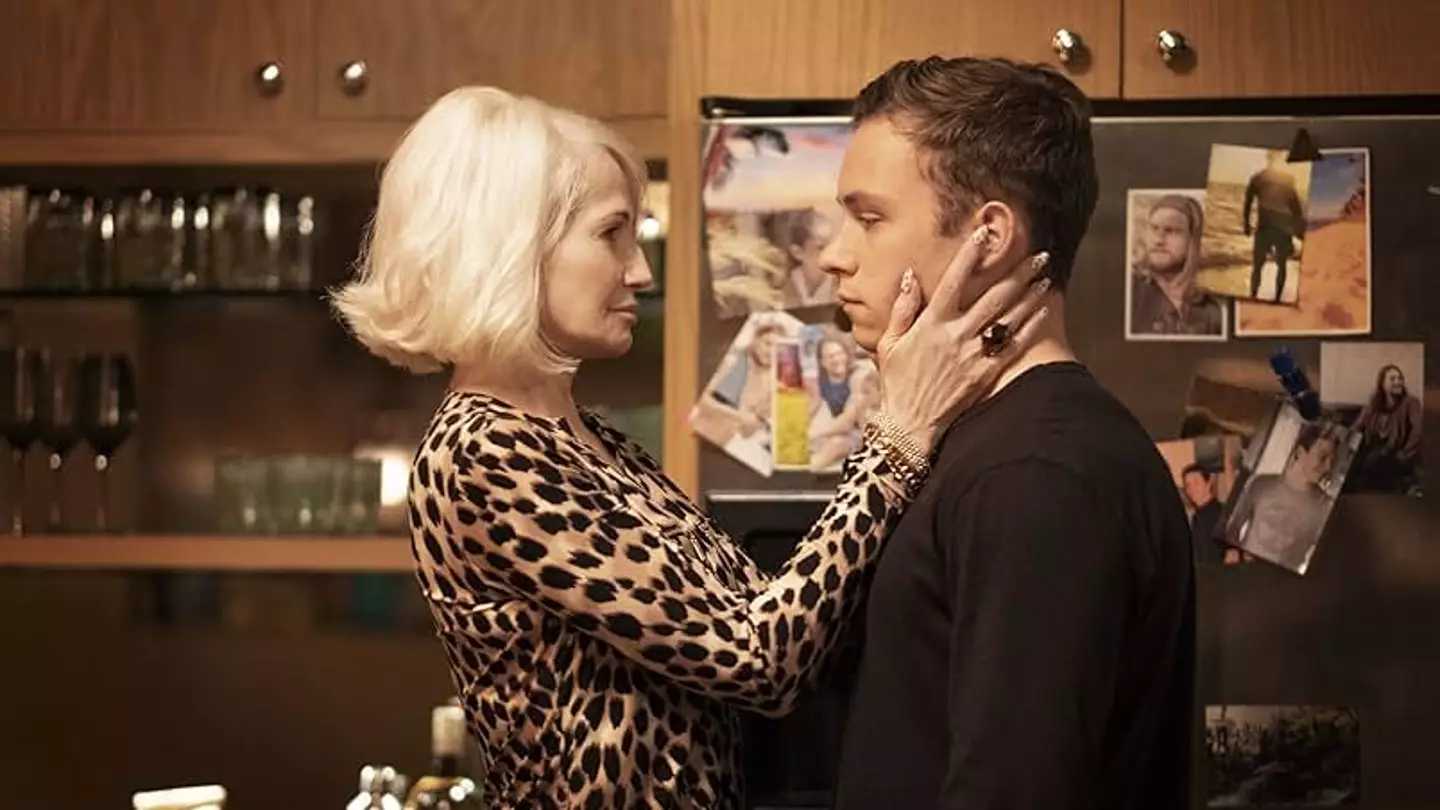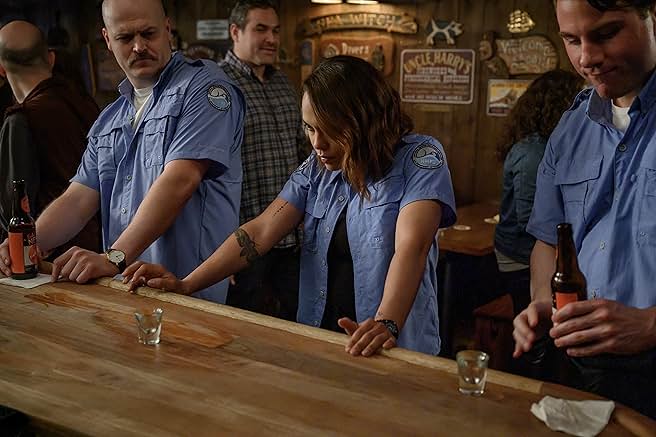Animal Kingdom’: TNT’s Crime Drama Gone Wild

When TNT announced plans to adapt the little-seen 2010 Australian crime drama Animal Kingdom into a television series, more than a few eyebrows were raised. Unlike recognizable titles such as Fargo or Scream, both of which carried strong name recognition when they made their own leaps to the small screen, Animal Kingdom was largely unfamiliar to American audiences.
The film, directed by David Michôd, earned critical acclaim and even garnered an Oscar nomination for Jacki Weaver, who played the chillingly manipulative matriarch of a Melbourne crime family. Yet despite the accolades, it grossed just $1 million at the U.S. box office, leaving much of the American public unaware of its existence.
“I figured a lot of people had seen it,” recalls executive producer Jonathan Lisco (Halt and Catch Fire). “But as it turns out, practically no one in the States had. In some ways, that gave us a canvas to go deep on it, but we also wanted to keep the DNA of the movie intact.”
From Melbourne to Oceanside
For its television debut, TNT shifted the story’s setting from gritty Melbourne to sun-soaked Oceanside, California. At the center is 17-year-old Joshua “J” Cody (played by Finn Cole), who finds himself thrust into the dangerous orbit of his grandmother Janine “Smurf” Cody (Ellen Barkin) and his uncles after his mother dies of a drug overdose.
The new environment doesn’t make J’s life easier. While he longs for belonging and a sense of family, he quickly discovers that the Codys’ world is one steeped in armed robberies, drug deals, and moral corruption.
“His mother was a drug addict, and he had to go through life looking after her and looking after himself,” Cole explains. “When he comes into this family, he’s persuaded to lower his defenses and to try and trust people and find where he belongs. He’s lacking that sense of belonging throughout the story, and we find out that he doesn’t really belong anywhere.”
This theme of searching for identity within a toxic family unit gives Animal Kingdom its resonance, pushing the series beyond the mechanics of cops-and-robbers drama.
A Mother’s Grip
Co-executive producer John Wells (ER, The West Wing) was one of the earliest champions of adapting Michôd’s film. He reached out to the director soon after the movie’s U.S. release, though it would take years before Michôd gave his blessing. Wells then partnered with Lisco, with whom he had worked on Southland, to begin development.
Initially pitched to Showtime, the series eventually landed at TNT, which was undergoing a brand transformation. As long-running procedural Rizzoli & Isles was preparing to conclude its seven-season run, the network sought grittier, edgier programming designed to attract male-skewing audiences.
Lisco admits that he was hesitant at first. “At the time, John and I had done a lot of cops-and-bad-guys stuff, so I was looking for new material to explore,” he says. “Then I saw the movie and realized it wasn’t just about pulling jobs or running from the cops. The real DNA of the show was this powerful and perverse mother, and the hold she had over her four sons, which dripped with this sexualized danger.”

That mother figure — portrayed in the series by Ellen Barkin — became the beating heart of the adaptation. Her character’s combination of charisma, menace, and twisted maternal instinct set the tone for a drama that was equal parts family saga and crime thriller.
TNT’s Gamble
For TNT, Animal Kingdom was more than just another scripted series. It represented a gamble on a darker, serialized format that diverged from its established brand of crime procedurals. While Rizzoli & Isles and Major Crimes had delivered reliable ratings, the network wanted shows with more edge to compete with the likes of AMC and FX.
By choosing Animal Kingdom, TNT aligned itself with stories that blurred the lines between family drama and organized crime saga, drawing comparisons to Sons of Anarchy and Breaking Bad. Its stylish depiction of Oceanside’s surf-and-crime culture also set it apart visually from other television crime dramas.
A Crime Family Story With Staying Power
What began as a risky adaptation of an obscure Australian film grew into one of TNT’s defining dramas of the late 2010s. Over the course of its run, Animal Kingdom built a loyal fan base drawn to its high-stakes heists, complex characters, and morally ambiguous storytelling.
The Codys’ internal conflicts, their shifting alliances, and Smurf’s iron grip on her family provided a steady stream of tension. By balancing adrenaline-fueled action sequences with character-driven drama, the show carved out its own identity in a crowded television landscape.
While the Codys may not be as instantly iconic as Tony Soprano or Walter White, they embodied a new kind of television family — one that was feral, fractured, and fascinatingly human.
Conclusion

Animal Kingdom may have started with little recognition in the U.S., but TNT’s decision to adapt it for television proved transformative. By blending the gritty DNA of David Michôd’s film with new settings and deeper character arcs, the series became a cornerstone of the network’s programming shift.
What makes it stand out, ultimately, is not just the violence or the crime, but the twisted bond of a family held together — and torn apart — by a matriarch whose love and control were indistinguishable.
For viewers, Animal Kingdom delivered more than just a crime drama. It was a story of survival, loyalty, and the dangerous allure of belonging in a family that devoured its own.